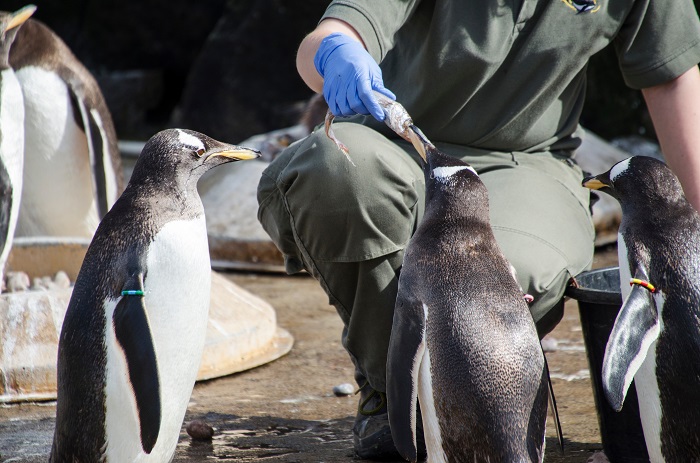BSc (Hons) - Zoology (with Sandwich Year)
Take your passion for animals, wildlife conservation and the natural world and delve into our hands-on BSc (Hons) Zoology (with Sandwich Year) programme that will provide you with a world of captivating opportunities and skills for a fulfilling career.
Our strong connections with a variety of local, national, and global wildlife organisations offer you numerous volunteering opportunities. Through our research and partnerships, you'll have the chance to engage with local groups such as the Cumbria Wildlife Trust, Tullie House Museum, and the Cumbria Natural History Society.
The addition of a sandwich placement—which you’ll undertake during year three of your studies—allows you to apply your learning in a real-world context. You’ll gain hands-on experience, build your professional network, and develop the confidence and capabilities to thrive in the zoology sector.
Cumbria is the ideal place to study Zoology. The uniquely diverse environments of the county include mountains, moorlands, river valleys, saltmarshes, urban habitats and beaches and rocky shores, all home to a plethora of different species. You will spend a substantial amount of time learning in these environments, putting your Zoological knowledge into practice.
Your learning will be guided and nurtured by expert academics who share your passion for animal conservation, behaviour, evolution and ethics. You will benefit from personal support from your tutors, allowing you to get the most from your degree.
Course Overview
Explore the biology, behaviour, and conservation of animals with our hands-on BSc (Hons) Zoology (with Sandwich Year) degree. Designed by experts, this course equips you with the skills needed for modern zoological careers—focusing on evolution, ecology, wildlife monitoring, and conservation practice.
You’ll study a wide range of species and habitats, from local ecosystems in the Eden River basin (close to our Carlisle Campus), the Lake District National Park and our wonderful Cumbrian coastline. On this zoology degree, you spend a substantial amount of time learning within the local habitats we have on our doorstep and where possible we choose to deliver experiential learning outdoors.
You’ll receive guidance during the second year of your studies to help you to find and apply for a suitable placement, which you’ll complete in your third year. A placement is considered suitable if it will give you the skill set to succeed in your chosen career path in the zoology sector. This might be an academic placement (e.g. in a university or research institution) or a vocational placement (e.g. for an environmental consultancy, a zoo, or a conservation organisation carrying out practical habitat management).
Whether your interests lie in British wildlife or a species of your choice, you'll graduate ready to protect and understand the natural world.
On this course you will...
- Explore local nature reserves, rivers and woodland just a stone's throw from the university. Develop practical skills with first-hand experience.
- Study zoology with access to state-of-the-art labs on campus - a great place to collaborate with course-mates, learn about animals and work with top-quality equipment.
- Benefit from industry links that provide students with placement opportunities across Cumbria.
- Experience practical demonstrations, visits, and feedback from professionals.
- Have a place within the zoology society that meets weekly to assist in local conservation initiatives and discuss current concerns regarding zoology.
What our students say
-
One of the main reasons I chose the University of Cumbria was due to the gorgeous location. Carlisle has great transport links with the Lake District, Cumbrian coast, and Scotland.
Sophie Babbs, Zoology
Originally from North Walsham, in Norfolk and studying at Cumbria's Carlisle campus, Sophie talks about why she choose Zoology.
Experience Cumbria
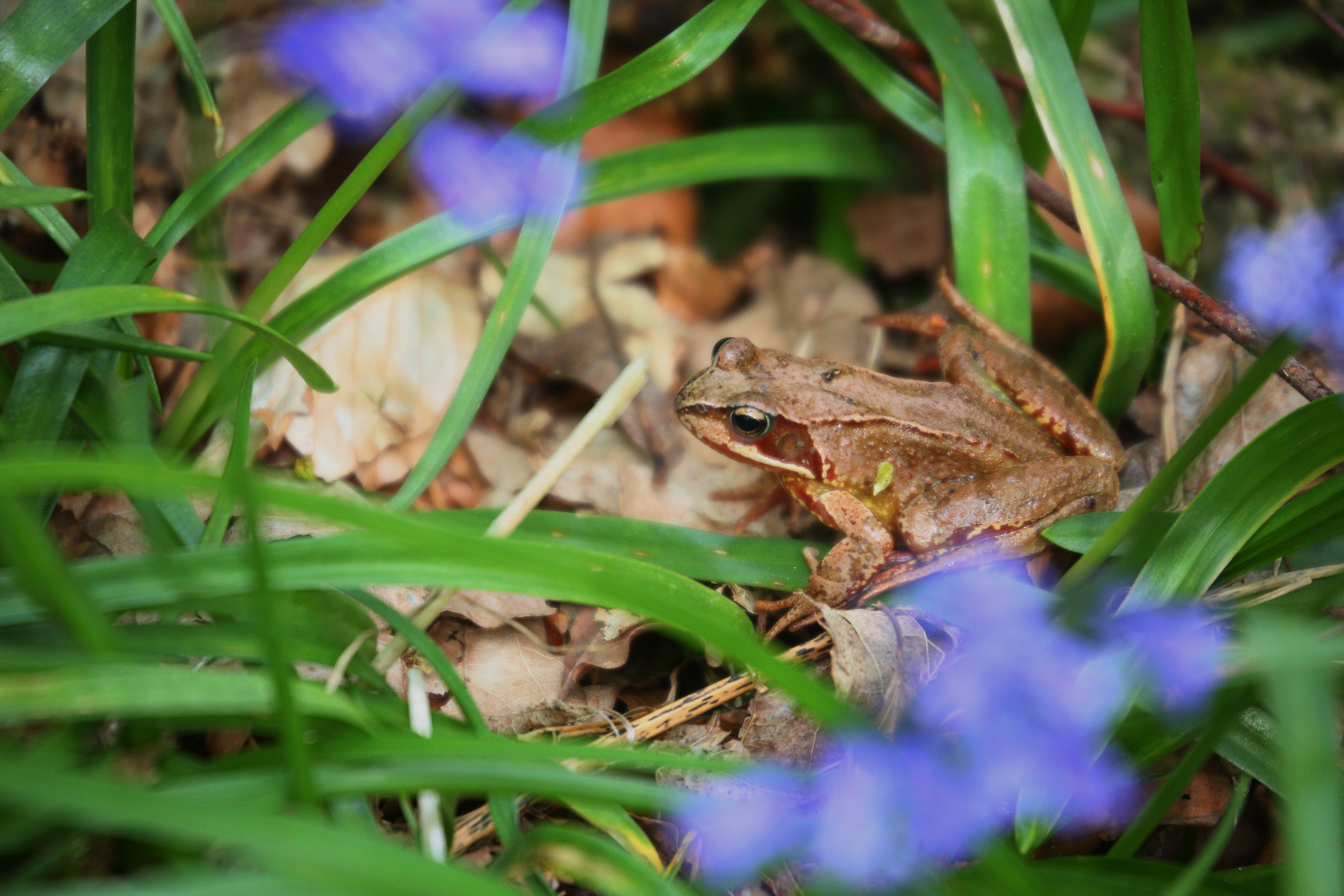
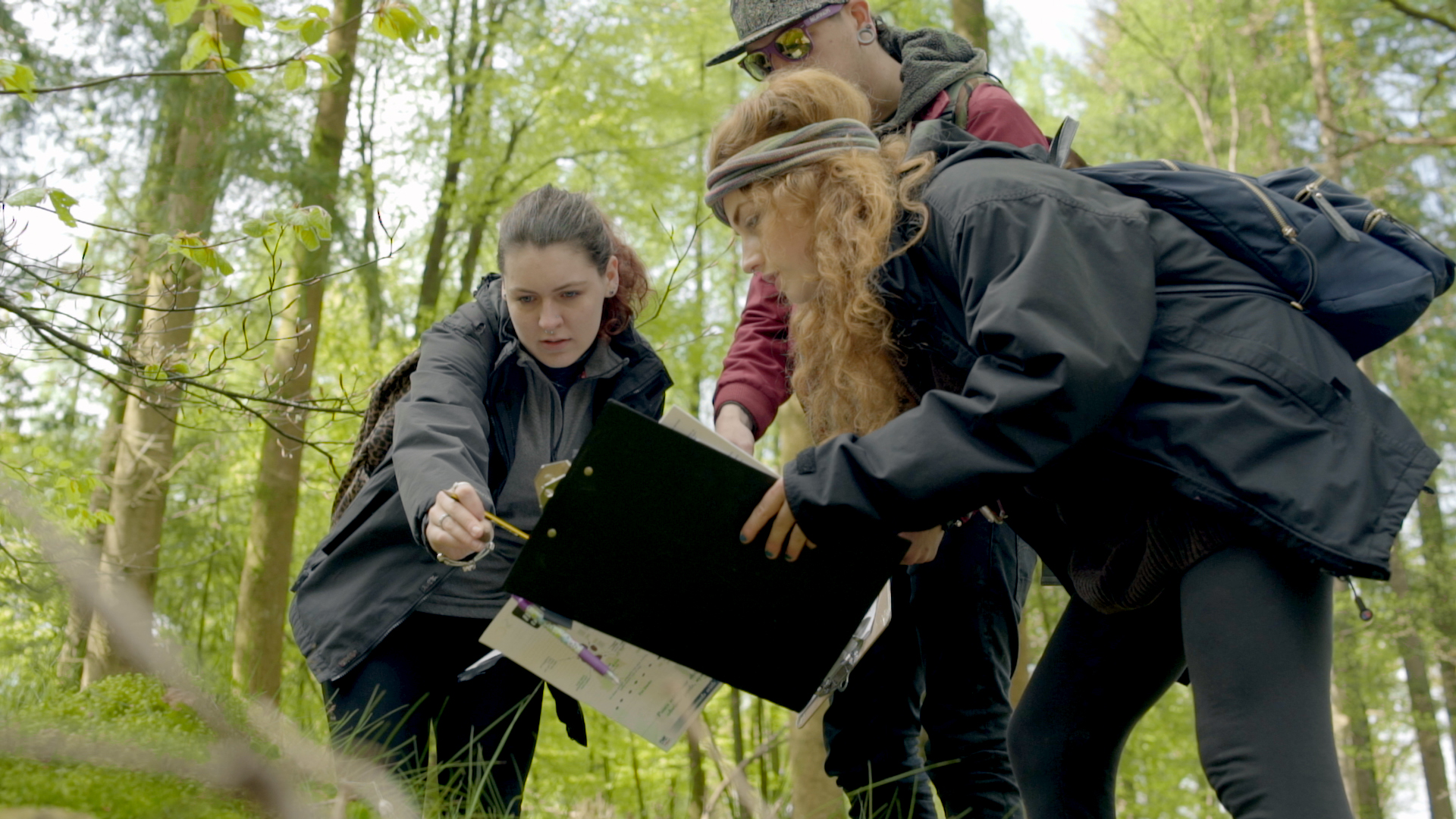
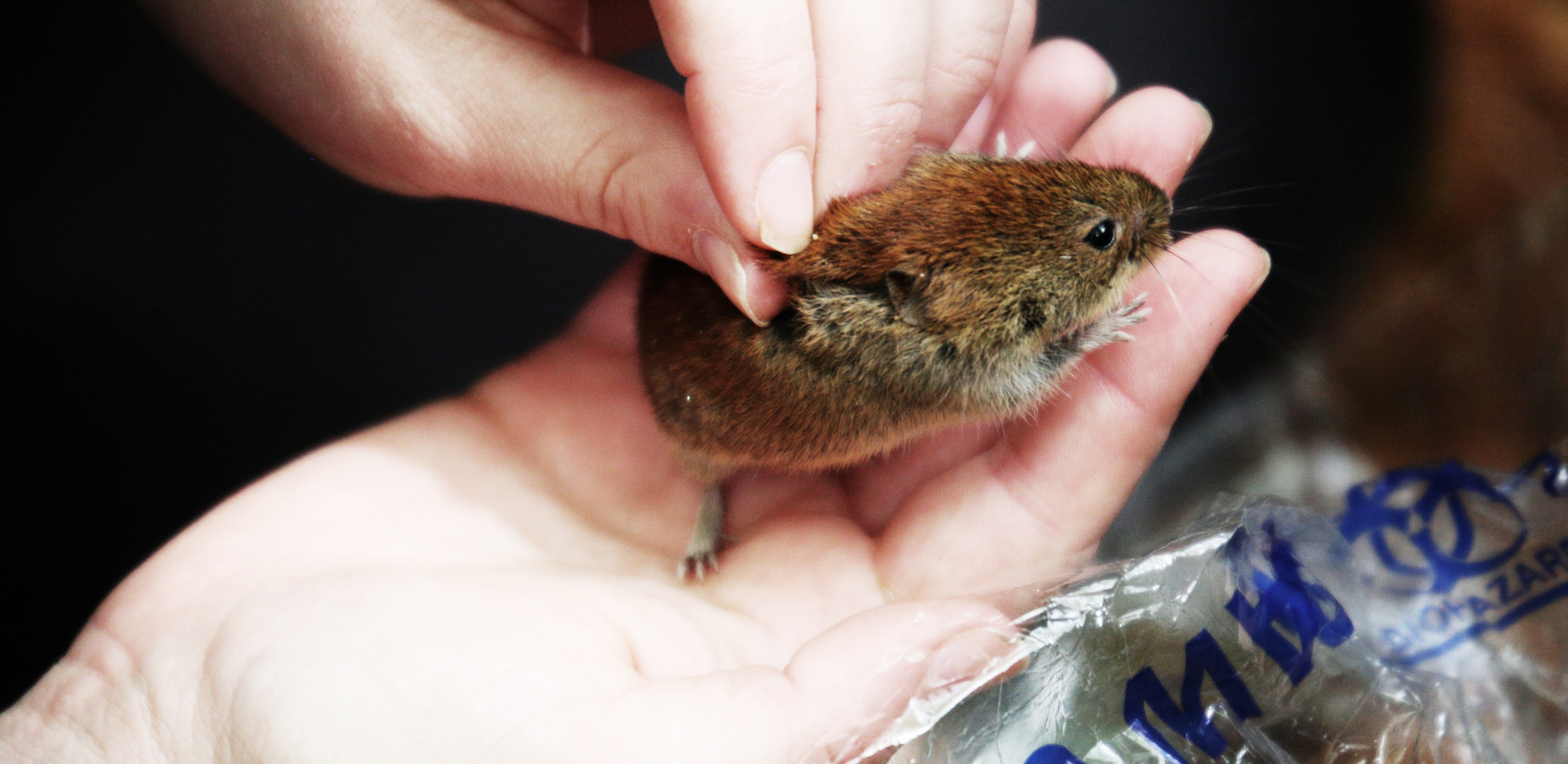
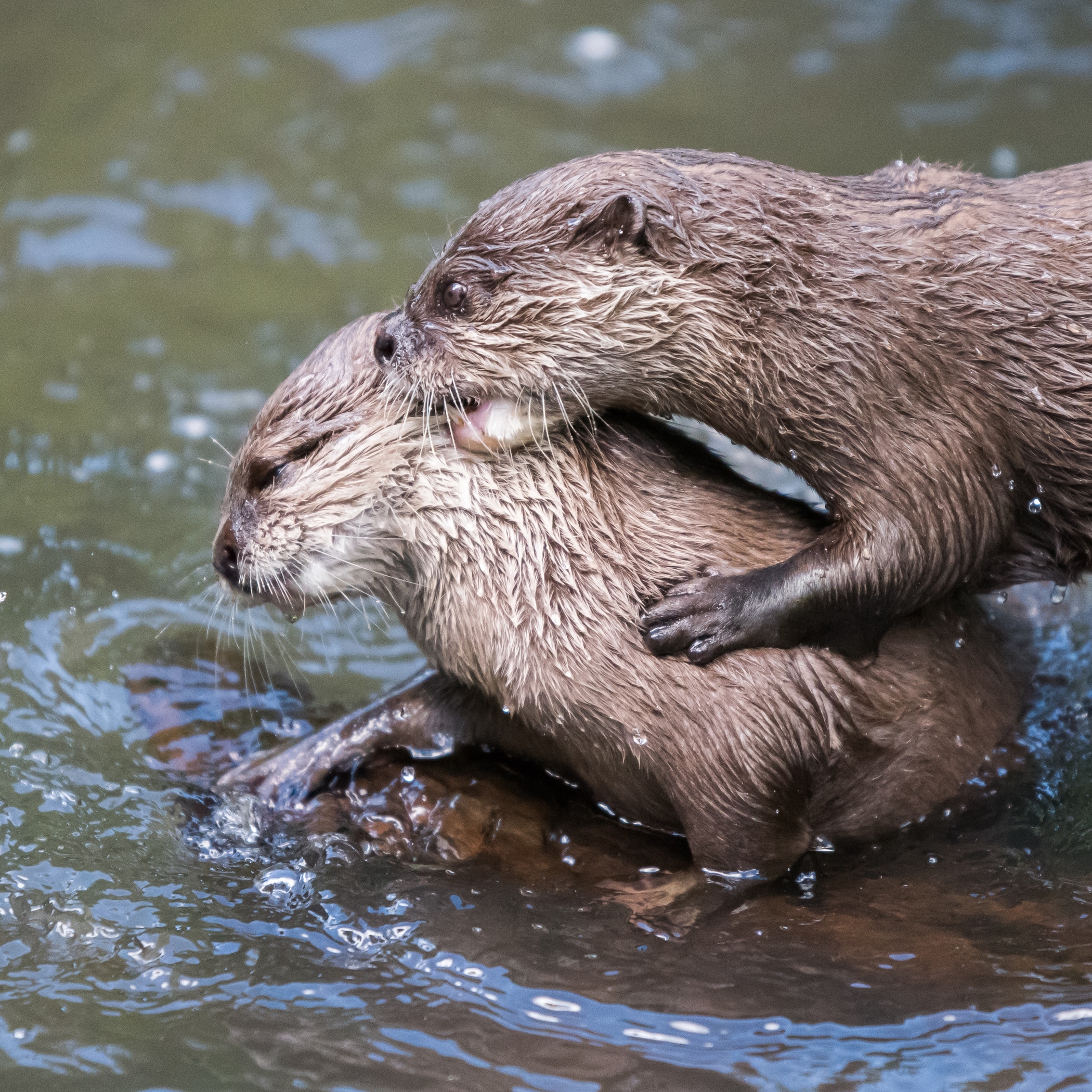
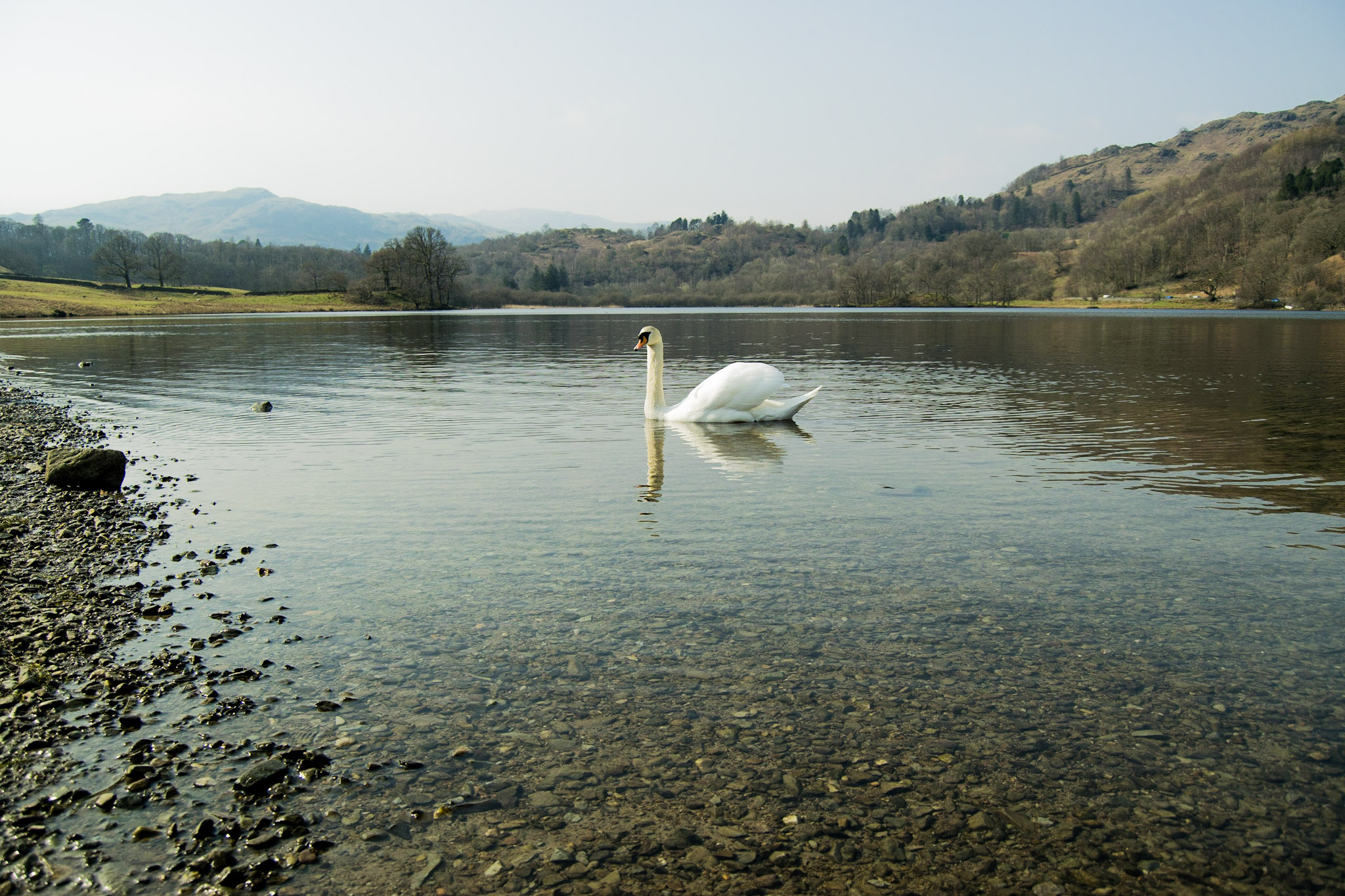
Location
Carlisle - Fusehill Street Campus
The Fusehill Street campus has been the setting of life-saving treatments since World War I. Now, it's home to world changers, life-savers, crime fighters, and entrepreneurs with access to high-quality facilities and innovative thinking.
Find out more
Find out more about studying with us
Attend an Open Day at Cumbria
An Open Day is your opportunity to explore one of 5 campuses, meet your lecturers, and find out how the University of Cumbria could become your new home.


